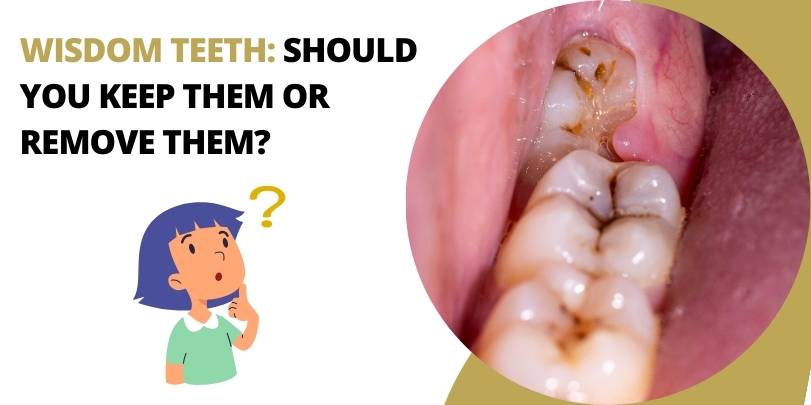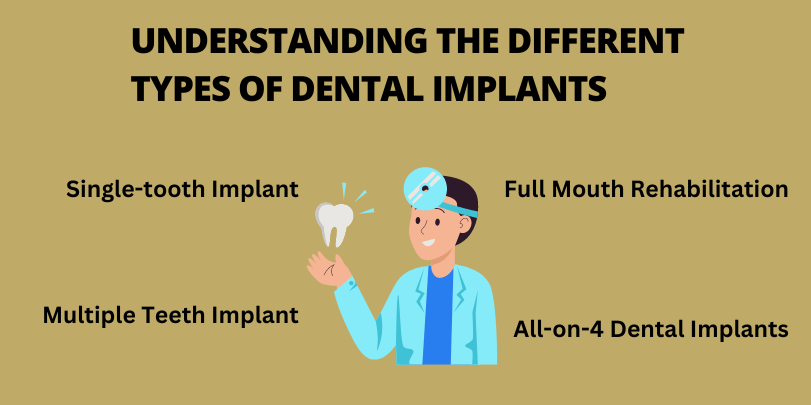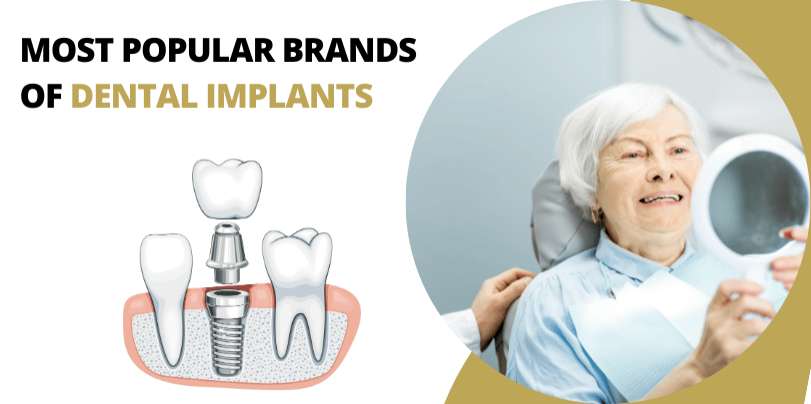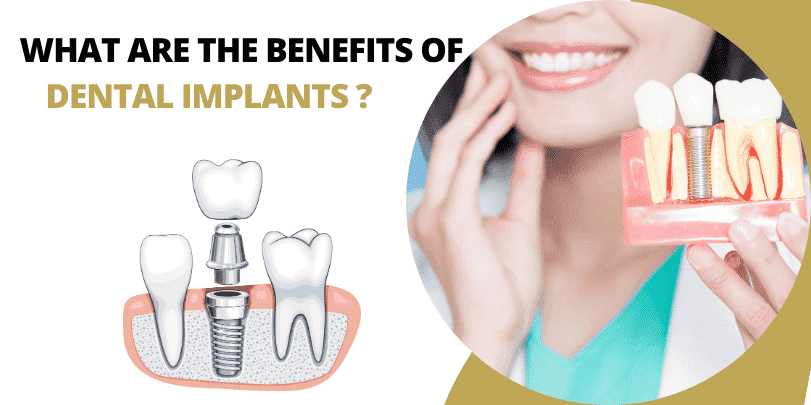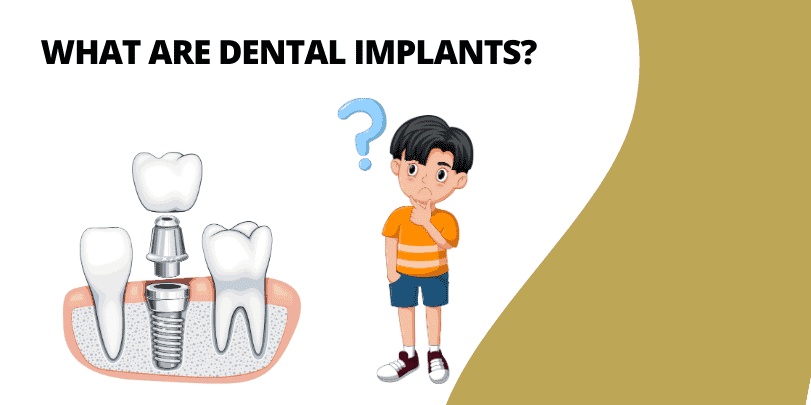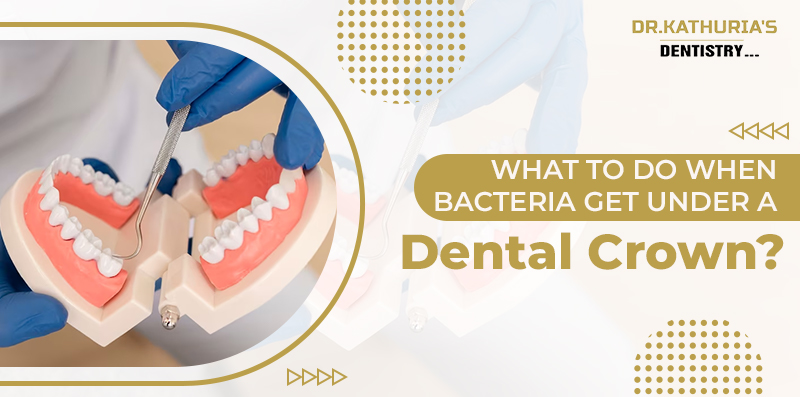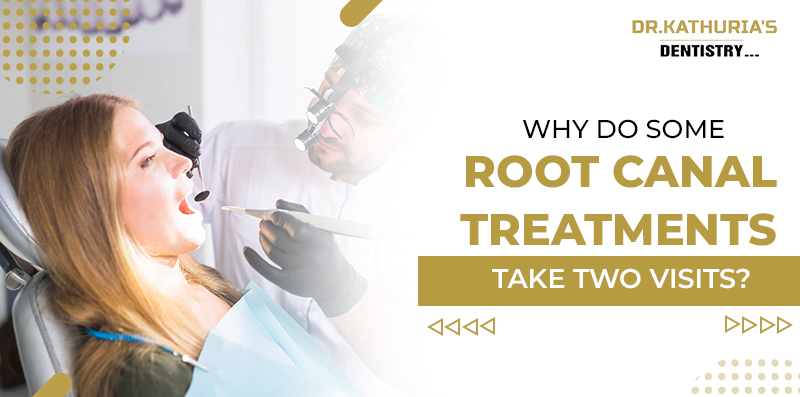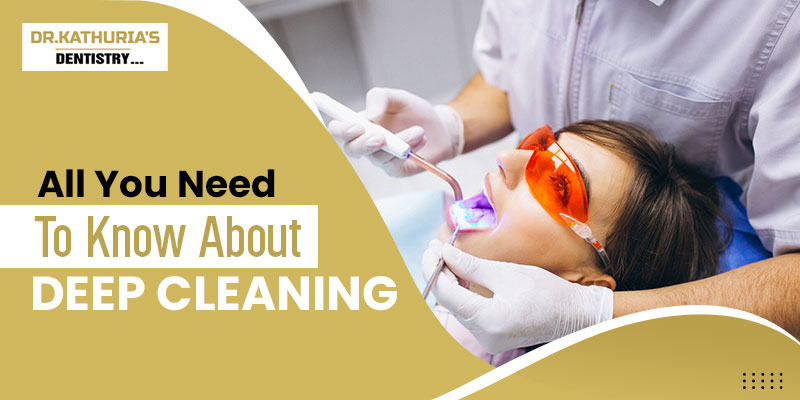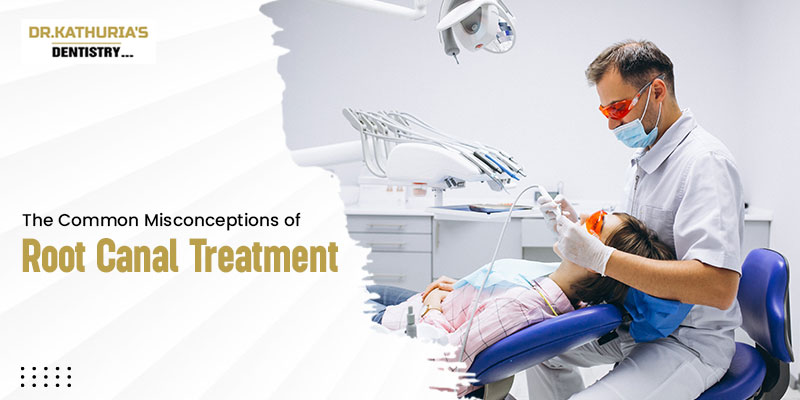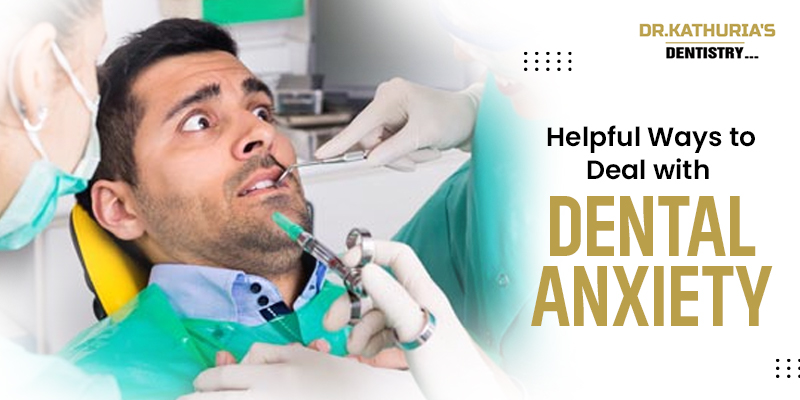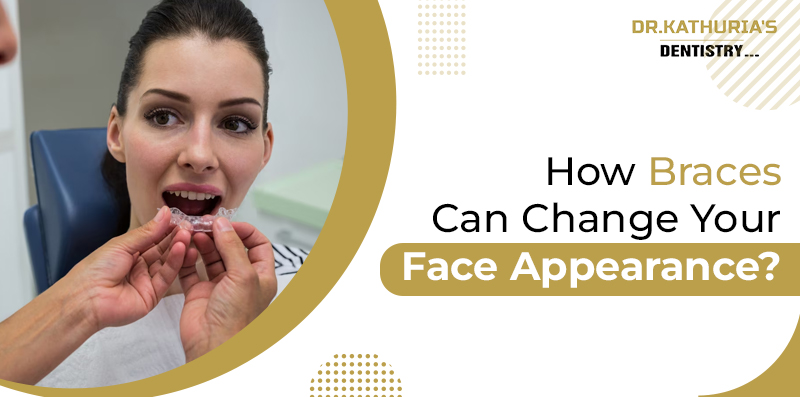While wisdom teeth were once essential for our ancestors’ diet of coarse, fibrous foods, they’re mostly problematic today. As our diets evolved, so did our jaws, leaving less room for these third molars. Dentists generally recommend removing wisdom teeth between the late teens and early twenties. But how can you tell if they really need to come out? Here’s a look at the common signs that indicate it might be time for extraction and why keeping them may not be in your best interest.
1. Gum Pain or Swelling
If you experience unusual swelling or pain near the back of your mouth, it’s often one of the first indications that wisdom teeth may be causing issues. Food and plaque can easily get trapped around wisdom teeth, especially when they’re partially emerged, leading to swollen and irritated gums. This gum discomfort is one of the most frequent signs that it’s time to consider extraction.
2. Jaw Stiffness or Limited Motion
Wisdom teeth can cause noticeable stiffness in the jaw, sometimes making it difficult to open your mouth fully. This stiffness can come from the pressure wisdom teeth exert on other teeth, potentially shifting them out of place. If you notice your jaw feels tighter than usual or you’re experiencing any mobility issues, it’s a good idea to consult a dentist.
3. Sinus Congestion and Pressure
This may surprise some people, but upper wisdom teeth can impact your sinuses due to their proximity. As these teeth grow, they can press on the sinus floor, leading to congestion, headaches, and sinus pressure. Persistent sinus issues, particularly when coupled with jaw discomfort, can be a lesser-known sign that your wisdom teeth are affecting your overall health.
4. Persistent Bad Breath or Unpleasant Taste
Lingering bad breath or an odd taste in your mouth could be due to bacteria buildup around your wisdom teeth. If they’re difficult to clean or are partially emerged, they’re more susceptible to decay, which can cause sulfur compounds to develop, resulting in an unpleasant taste or smell. This symptom is often a clear sign that an extraction is overdue.
5. Tooth Crowding and Shifting
One of the main reasons dentists recommend early wisdom tooth removal is to prevent crowding. Since most people’s jaws don’t have space for additional molars, wisdom teeth can easily disrupt your existing teeth’s alignment, pushing them out of place. If you’re noticing shifts in your teeth, it may be due to the added pressure from these emerging molars.
6. Oral Cysts or Jaw Cysts
Impacted wisdom teeth that are not removed can lead to cysts, which are fluid-filled sacs that develop in the surrounding tissue. If left untreated, these cysts can damage adjacent teeth and the jawbone. In rare cases, oral cysts can become tumors, requiring more extensive surgical treatment beyond a standard extraction. Regular dental check-ups can help detect cysts early.
7. Sensitivity or Pain When Eating and Brushing
If you find it uncomfortable to chew food or brush around the back of your mouth, it may be a sign that wisdom teeth are coming in at an angle. Increased sensitivity to temperature or pressure when eating or brushing can indicate that wisdom teeth are pushing against other molars, causing discomfort. This pain may gradually worsen if left unaddressed.
8. Recurring Infections or Gum Disease
Impacted wisdom teeth often create a pocket where bacteria and food particles accumulate, leading to infections or even localized gum disease. If you experience frequent gum swelling or inflammation in the back of your mouth, wisdom teeth are often the culprit. Treating these infections is possible, but they will likely return if the wisdom teeth aren’t removed.
9. Damage or Decay in Neighboring Teeth
Because wisdom teeth tend to crowd their neighboring molars, they can cause damage over time, including decay due to their difficult-to-reach position. If your dentist notices unusual wear or decay in your back molars, it’s often a sign that your wisdom teeth are negatively affecting your other teeth, making extraction the best option to protect your long-term dental health.
10. Difficulty Maintaining Oral Hygiene
Wisdom teeth are often located at the very back of the mouth, making them difficult to clean properly. When they’re partially erupted or impacted, they create deep pockets that trap food and bacteria, making it harder to maintain good oral hygiene. This can lead to an increased risk of cavities and gum disease. If you’re struggling to reach your wisdom teeth with your toothbrush or floss, it might be a sign that they need to be removed to protect your overall dental health.
Related – Wisdom Teeth Symptoms
Is it Time to Say Goodbye to Your Wisdom Teeth?
In most cases, yes. Extracting wisdom teeth can prevent long-term issues like crowding, decay, and infections. Dentists often advise removing them in your late teens or early twenties when the roots are not fully developed, as recovery is faster and less complicated. If you’re experiencing any of the signs above, scheduling a dental consultation sooner rather than later can save you from more complex procedures down the road. Remember, when it comes to wisdom teeth, proactive care is usually the best approach to preserving your overall oral health.
At Dr. Kathuria’s Dentistry, we offer expert wisdom tooth extraction services to help manage the discomfort and dental complications associated with wisdom teeth.
Our extraction procedure is handled by experienced dental surgeons, ensuring a smooth and comfortable session. The process involves numbing the area with local anesthesia (or sedation if needed) and gently removing the tooth. The extraction usually takes between 45 minutes to an hour, depending on the complexity.
We prioritize patient comfort and provide guidance on aftercare to ensure a quick recovery, which generally takes about 3-6 days. Pain management and antibiotics are recommended to minimize any post-procedure discomfort.
 Australia No
Australia No Canada No
Canada No India Toll Free No
India Toll Free No UK No
UK No USA No
USA No






